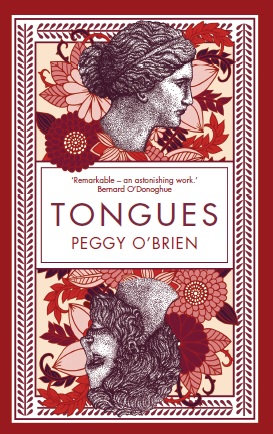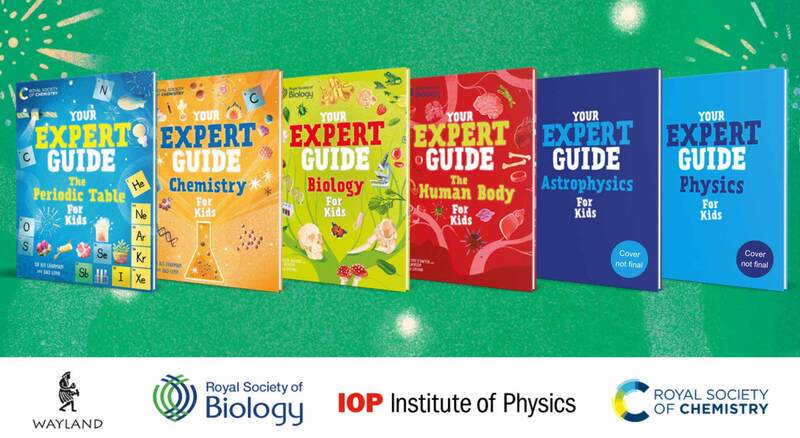You are viewing your 1 free article this month. Login to read more articles.
Speaking in Tongues: Héloïse and Abélard retold
“I won’t be coy,” Peggy O’Brien says, “there is a lot of autobiographical material in here.”
The poet is talking about her newest collection, Tongues (New Island), a radical retelling of 12th-century intellectual giants Héloïse and Abélard’s passionate, forbidden love—ending, alas, with Abélard’s castration on Héloïse’s aggrieved uncle’s orders, and Héloïse being sent to a nunnery.
 There are, O’Brien admits “some analogies to my own life” in Héloïse and Abélard’s story (thankfully, not the castration and nunnery bits). In 1967, Massachusetts native O’Brien met the celebrated poet and Trinity College professor Brian Kennelly while she was doing a postgraduate degree at University College Dublin. The two had a whirlwind romance and married 18 months later; a picture from their wedding was on the front page of the Dublin Evening Press and for over a decade they were a literary It Couple: the lion of letters and the beautiful American intellectual.
There are, O’Brien admits “some analogies to my own life” in Héloïse and Abélard’s story (thankfully, not the castration and nunnery bits). In 1967, Massachusetts native O’Brien met the celebrated poet and Trinity College professor Brian Kennelly while she was doing a postgraduate degree at University College Dublin. The two had a whirlwind romance and married 18 months later; a picture from their wedding was on the front page of the Dublin Evening Press and for over a decade they were a literary It Couple: the lion of letters and the beautiful American intellectual.
O’Brien went on to be a Trinity professor, critic and poet. Yet, like Héloïse and Abélard, at least from the outside, there was an imbalance. She says: “Abélard was the most famous philosopher of the 12th century, maybe the whole medieval period, and Héloïse used to be seen through him, as the junior partner. I wasn’t a poet, I was the famous poet’s wife. And when [Kennelly] and I were together I wrote in secret, never around him.”
Finding her voice
She and Kennelly divorced in the early 1980s, with O’Brien eventually moving back to her native US to teach literature at the University of Massachusetts, though she travels back and forth frequently to visit her daughter and grandchildren. It is in the US, where she found her voice, publishing the collections Sudden Thaw, Frog Spotting and Trusting Ice. She says: “I think I needed the Atlantic between me and Ireland to write properly about that world that I left.”
Tongues begins with the Héloïse and Abélard story in medieval France, but then trans- poses to the present day Ireland. It starts from Abélard’s perspective—who, in O’Brien’s hands, is a bit of an absolutist fool—but the heart of the collection is when it switches to Héloïse and her quest for self-autonomy. O’Brien says: “I was attracted to what was unknown about Héloïse. I wanted to give this relatively inscrutable figure a voice.”
Peggy O’Brien’s latest poetry collection, Tongues (9781848407176), was published in March this year by New Island.
This was written as part of The Bookseller's focus on publishing in Ireland; for more content from this focus, head here.














